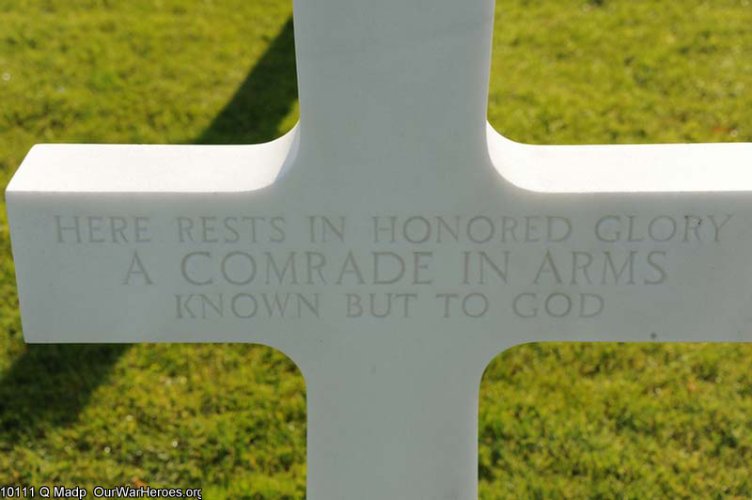I ran across this article in today's
New York Times:
An American Airlines error kept a traveler from getting to her cruise’s departure, but the carrier wouldn’t take financial responsibility and her trip insurance refused to pay. Then our columnist stepped in.

www.nytimes.com
Since I don't know whether the piece is locked behind a paywall, I will very quickly summarize: a woman was leaving for a long-planned and expensive ($17,000) Antarctic cruise, but when she went to check in with American Airlines (of course it was American) in Nashville, the rookie gate agent told her she needed travel documents that she did not, in fact, need to enter Chile. She missed the flight, she missed the cruise, and both American and AuroraExpeditions refused to compensate her. Yikes. She finally wrote to the
Times, and the paper's "Travel Dispatch" columnist intervened on her behalf.
She got compensated.
The one thing the columnist told the woman she had done wrong was not to arrange such a short turnaround (less than a day) between her arrival in Chile and the departure of the cruise ship. This recommendation resonates with me at this very moment, as I am scheduled to leave Monday evening for Medellin, where I will join Glenn Bartley's two-week Colombia bird photography workshop. Meanwhile, I am smack dab in the middle of California's "atmospheric river," and another great big atmospheric river storm is headed our way on Monday, where it will last into the evening. As it stands, my flight (on American!) will depart for the first leg, SFO to Miami, at 10:30 pm or so. I am scheduled to arrive in Medellin around 2 pm on Monday.
But what if the flight is delayed or even canceled? Ok, I contacted Glenn, and he says that if I come in a day, or even two days late, he will arrange for a car to take me from Medellin to Jardin, where the group will spend the first three days of the trip. I will be out a couple of days of photography, but I don't expect anyone to feel sorry for me.
In light of this, it occurs to me that perhaps for this kind of trip I should plan to fly to my destination a day early, just to be sure. I know lots of people do this, especially when traveling across time zones where there is a danger of jet lag. In fact, there is another member of this forum who is participating on this very same photo workshop and she will be arriving a day early. Kudos to her.
So my question (finally): how and how much do you plan for possible delays in your travel when you partake in long-distance photo workshops or heck, other types of vacation trips? Any stories to share? Tips?
Doug Greenberg




